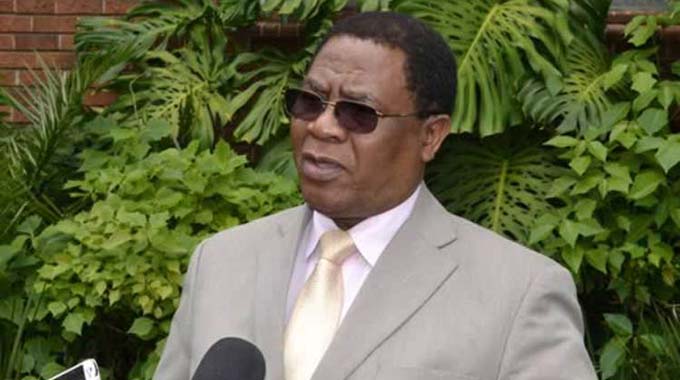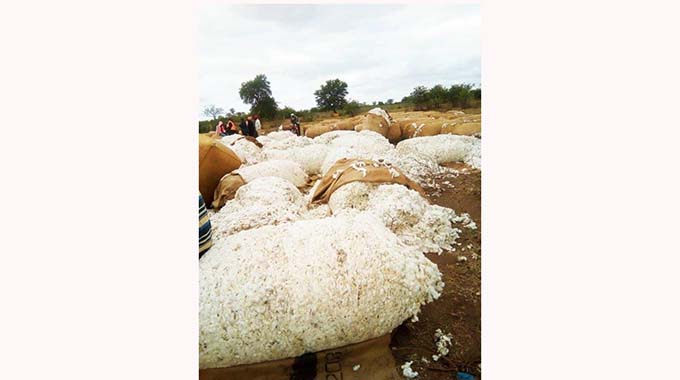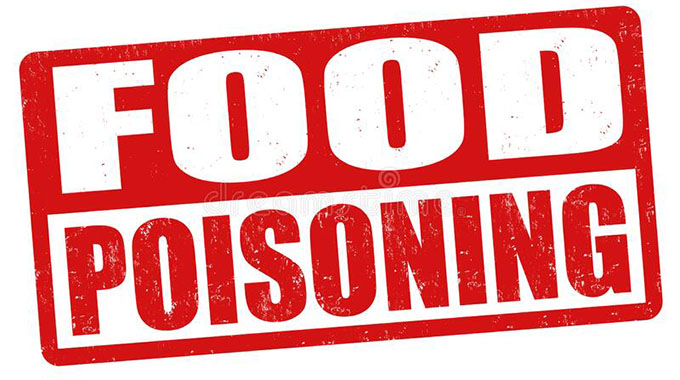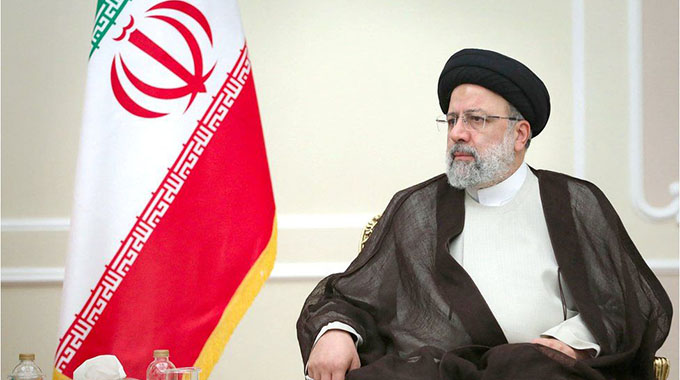Obama criticises ‘strongman politics’ in coded attack on Trump

JOHANNESBURG. – Former United States president Barack Obama has made a coded attack on his successor, Donald Trump, attacking “strongman politics” in his highest-profile speech since leaving office.
Speaking in Johannesburg, Obama urged people around the world to respect human rights and other values that are under threat, in an impassioned address marking the 100th anniversary of Nelson Mandela’s birth.
While not mentioning Trump by name, Obama’s speech countered many of the US president’s policies, calling on people to keep alive the ideas that Mandela worked for, including democracy, diversity and tolerance.
Obama said today’s times were “strange and uncertain”, adding: “Each day’s news cycle is bringing more head-spinning and disturbing headlines … we see much of the world threatening to return to a more dangerous, more brutal way of doing business.”
He targeted politicians pushing “politics of fear, resentment, retrenchment”, saying they are on the move “at a pace unimaginable just a few years ago”.
He attacked “strongman politics”, saying “those in power seek to undermine every institution … that gives democracy meaning”.
The former president added: “I am not being alarmist, I am simply stating the facts. Look around.” He also spoke up for equality in all forms, saying: “I would have thought we had figured that out by now.”
His words were met with cheers from a crowd of about 14,000 people gathered at a cricket stadium in Johannesburg for the speech, which was streamed online.
“Just by standing on the stage honouring Nelson Mandela, Obama is delivering an eloquent rebuke to Trump,” said John Stremlau, a professor of international relations at the University of the Witwatersrand in Johannesburg, who called the timing auspicious with the commitments that defined Mandela’s life “under assault” in the US and elsewhere.
“Yesterday we had Trump and Putin standing together, now we are seeing the opposing team: Obama and Mandela,” said Stremlau.
The visit is Obama’s first to Africa since leaving office in early 2017. He stopped this week in Kenya, where he visited his late father’s rural birthplace.
His speech highlighted how Mandela, who was imprisoned for 27 years, kept up his campaign against what appeared to be insurmountable odds to end apartheid, South Africa’s system of white minority rule.
Sign up for Guardian Today US edition: the day’s must-reads sent directly to you
Read more
Mandela, who was released from prison in 1990 and became South Africa’s first black president four years later, died in 2013, leaving a legacy of reconciliation and diversity along with a resistance to inequality, economic and otherwise.
Obama has shied away from public comment on Trump, whose administration has reversed or attacked many of his achievements. The US under Trump has withdrawn from the 2015 Paris climate agreement and the Iran nuclear deal, and tried to undercut the Affordable Care Act, known as Obamacare.
Instead of commenting on politics, Obama’s speech drew on broader themes and his admiration for Mandela, whom the US’s first black president saw as a mentor.
When Obama was a US senator he had his picture taken with Mandela. After becoming president he sent a copy of the photo to Mandela, who kept it in his office. Obama also made a point of visiting Mandela’s prison cell and gave a moving eulogy at Mandela’s memorial service in 2013, saying the South African leader’s life had inspired him.
Many South Africans view Obama as a successor to Mandela because of his groundbreaking role and his support for racial equality in the US and around the world.
Moses Moyo, a 32-year-old Uber driver, was among the thousands lining up to listen to Obama’s speech. “I think he’ll speak about how Mandela changed the system here in South Africa, how he ended apartheid and gave hope for the poor and encouraged education,” he said. – The Guardian










Comments